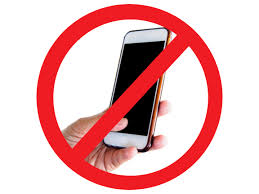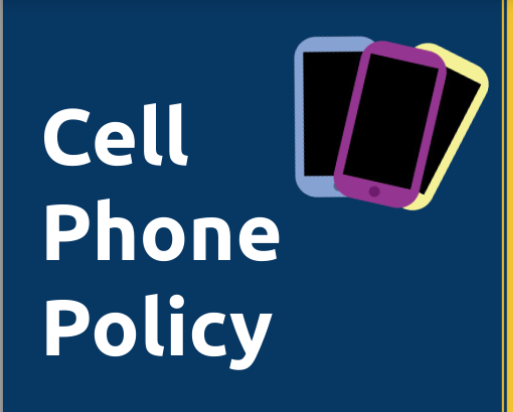
As you get ready to leave home for school, you prepare to obtain the necessities to learn and be engaged in the classroom; the enduring knowledge of that new unit during history class, but as you almost arrive at school, you quickly realize that you unfortunately fail to carry that laptop or tablet that you use during schooltime. Now imagine, you enter the school property and you get abruptly halted by a staff member as they notice that mobile phone that you’re holding. They verbalize that phones are forbidden to trespass on school grounds. And now, you’ll have to endure losing that phone for the entire day with the limited amount of resources and communication.
Sadly, this is the probable near future as Washington state legislatures consider pushing a bill for the unfortunate ban. According to a KOMO News article, “The PSD policy states students will only turn on their devices before and after the regular school day and during lunch, unless there’s an emergency situation, with an administrator’s permission.” (Denise Walker, KOMO News Reporter). Students are only limited to permitting themselves to be granted access to their devices for only a mere time limit within their schools. Jeffery Davolt, an English teacher for Tahoma High School, tells how students can utilize their phones when they forget to bring an educational device during class. However, most of the time, the school can provide laptops to be checked out by students. Or they can find an alternate option to maintain their ability to learn in their classroom.

“For the most part, they are a major distraction,” Emphasized Davolt, “…They are a barrier to students being fully engaged in their class” he exclaims his concern for his students ability to focus on the bigger picture within the classroom.
The state of Washington isn’t alone in this momentum. According to Seattle Times: Utah, Florida, Oklahoma, Vermont, and Kansas are considering introducing the legislative intention to maneuver their ambition on the ban. This is promoted to improve their student’s ability to focus on the significant components of education and their success in the real world.
In addition with a contrasting point of view, phone addiction may be an epidemic inside and outside of school grounds among students as it proves this movement of this legislative ban to further prevent this dilemma. According to the National Library of Medicine, “In the development of depression, Internet addiction is considered to be a significant risk factor.” This demonstrates the relationship between how the mental mind of a range of adolescent individuals shifts and how their well-being is damaged in the process
The main concern to all students; mainly teenagers, is the question of how they can still obtain their phone during class without the force of withdrawal. “I think most of the time they do not need to utilize their phones during class time…” Davolt justifies. This is a logical reasoning that most individuals can acknowledge if they don’t necessarily need to use their phones to scroll through the media. Therefore, young individuals can solve this current problem by limiting themselves with social media but can communicate with close family members. To add to this dilemma, school districts can invest in allowing students to take a five to ten-minute break to be able to access their devices to release the tension of assignments and tasks.
As a part of the Tahoma High School community, it’s such a personal consequence for loss of having the ability to maintain our items in the foreseeable future, as we witness that other national schools from various amounts of states are organizing, as students are personally being put up with this controversy.








